Celebrating Plants and People
-
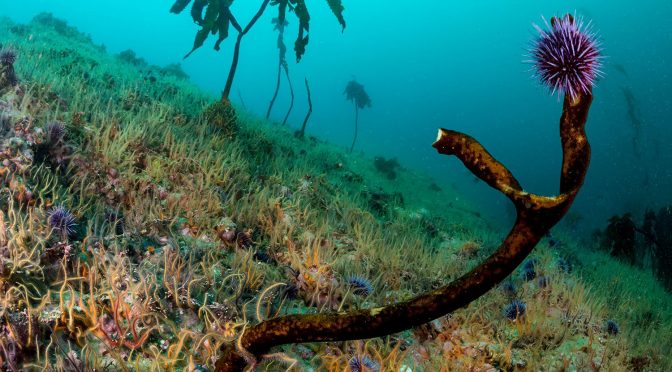
Kelp Forests Are Disappearing Due To Complex Environmental Changes Spurred By Climate Change
Already, Maine’s forests of sugar kelp, a source of the sweetener mannitol, have experienced temperature-linked declines. And in Tasmania, kelp forests have succumbed to a purple urchin outbreak. Here in Albion, they’re trying to avoid a similar fate. (Click on title for full story.)
-
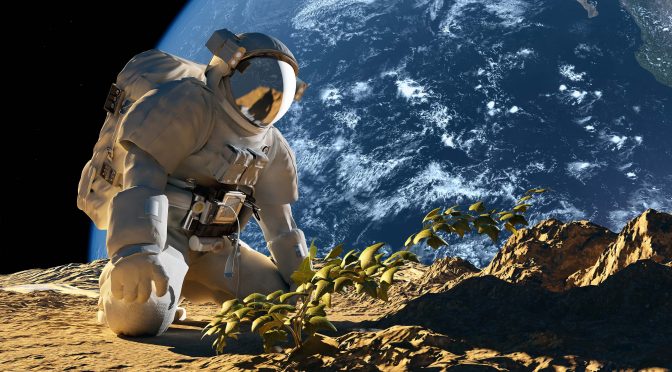
To Go Where No Tomato Has Grown Before: Plant Hormone Identified Which Will Enable Space Farming
The experiments revealed that microgravity hindered the mycorrhization and thus reduced the petunias’ uptake of nutrients from the soil. But the plant hormone strigolactone can counteract this negative effect. Plants that secreted high levels of strigolactone and fungi which the researchers had treated with a synthetic strigolactone hormone were able to thrive in the low-nutrient…
-
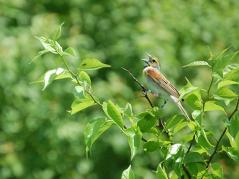
An Invasive Forage Grass And The Native Bird It Is Threatening
“The fact that fescue came out as one of the main drivers of nest failure means it might be a situation where removing an invasive grass might benefit wildlife and people’s livelihoods,” she says. But why does fescue contribute to nest failure? The researchers point to earlier studies demonstrating that tall fescue hosts fewer insects…
-
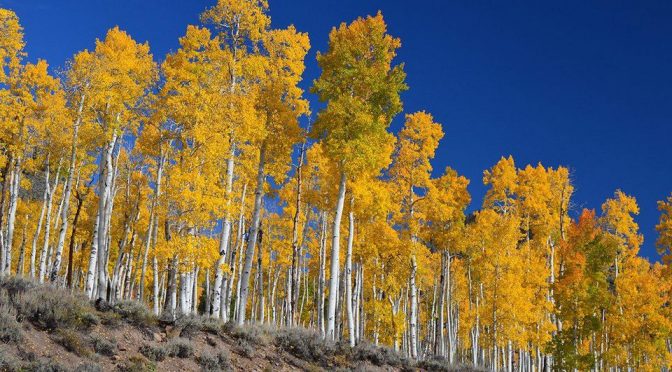
How Can One Of The Largest Living Organisms Be Eaten Away? The Death Of The Pando Aspens
The team specifically found that the grove of aspens hasn’t been able to effectively replace its aging and dying trees. The grove of 47,000 trees has remained for thousands of years partially because the single organism has been able to supply trees at every stage of an aspen’s life, helping it to be resistant to…
-
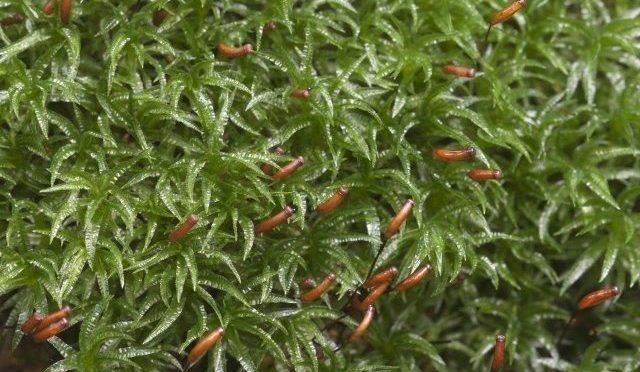
Scientists Tap Simple Mosses To Warn Us Of Dangerous Air Quality
Scientists report that they have found a simple and inexpensive way to detect air pollutants, specifically sulfur dioxide, in real time based on subtle changes in moss leaves. The discovery could rapidly alert authorities to potentially dangerous alterations in air quality using a sustainable, natural plant sensor. (Click on title for full story.)
-
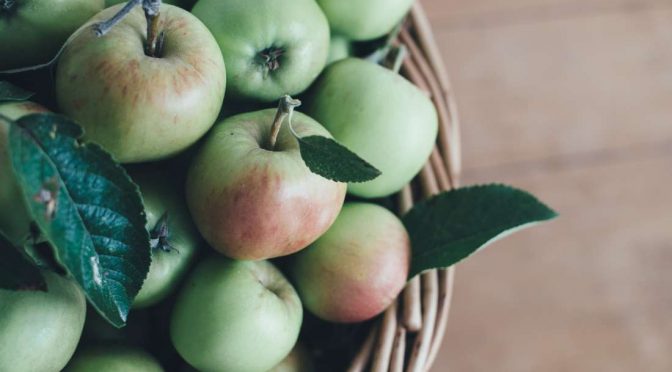
Who’d Have Thought? Apples May Actually Be The Key To Healthier Aging?
“These results suggest,” points out Prof. Robbins, “that we can extend the period of health, termed healthspan, even towards the end of life.”However, he adds that this is just the first step of a much longer research journey, noting, “[T]here are still many questions to address, including the right dosage, for example.” (Click on title…
-
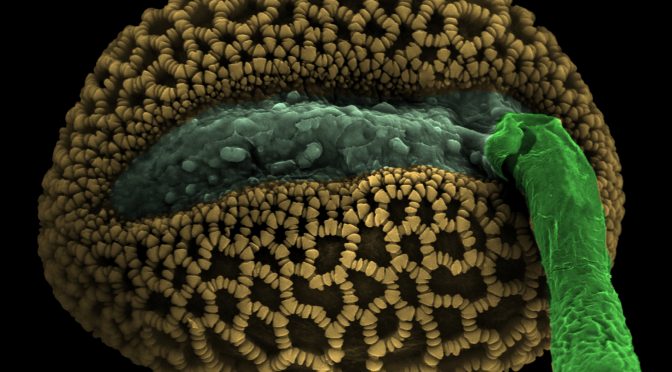
Let’s Talk Plant Sex. It’s A Bit Like Ours
We discovered that the water pressure and force that these tiny cells exert as they push through the plant tissue to reach their destination is equivalent to the air pressure we put in our car tires to keep them rolling. What is even more exciting is that we found that when the pollen tube encounters…
-
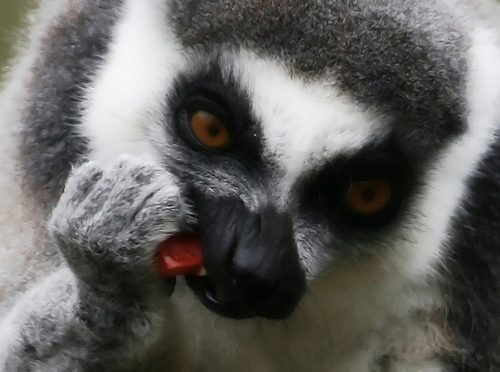
It Is No Accident That Fruits Smell Delicious.
Together, these results strongly support the hypothesis that fruit scent in lemur-dispersed species is an evolved trait, the function of which is to signal ripeness and thus facilitate the mutualistic interaction between primates and plants. This provides strong support for the dispersal syndrome hypothesis, according to which fruit traits are shaped by their respective animal…
-
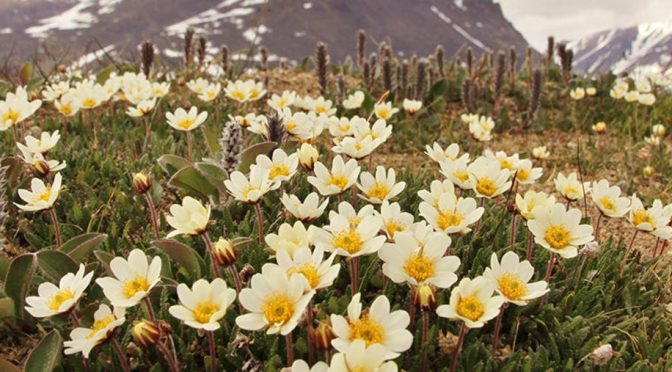
In The Arctic There Aren’t Enough Bees To Fill All The Pollination Needs Of Plants
“Up north, there are very few apids, such as bees and bumblebees, so other insect groups bear the main responsibility for pollination,” (Click on title for full story.)
-
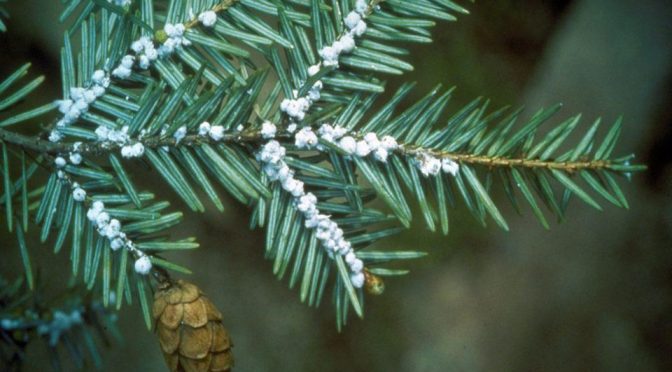
How One Invasive Plant Pest Degraded And Transformed An Entire Ecosystem
In the long term, replacement of hemlock stands by other vegetation communities, such as deciduous forests or communities dominated by nonnative plants, may lead to less diverse, more homogeneous bird communities across the area. “We’re losing specialists and seeing more generalized species, leading to less biodiversity on a global scale. We know this is a…
